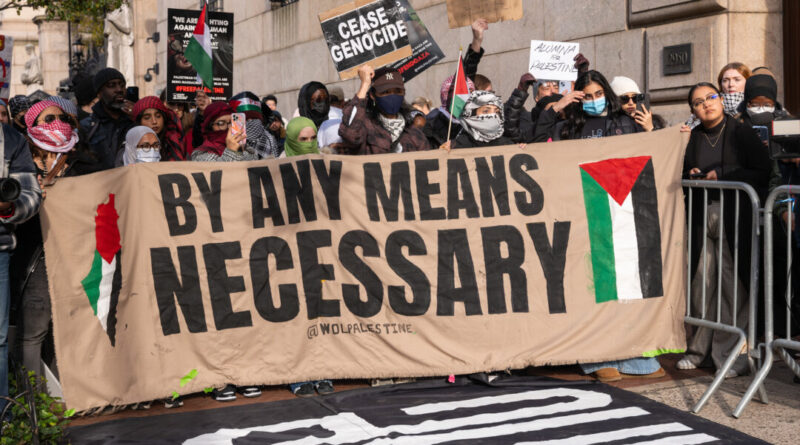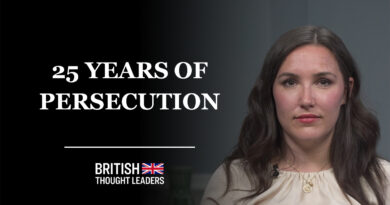Commentary
Ontario parents were likely shocked and dismayed several years ago to learn that math was labeled as racist. A new school curriculum introduced by the province included a preamble stating that “mathematics can be subjective” and has been used to
normalize racism. It called for “a decolonial, anti-racist approach” to teaching mathematics.
According to the authorities responsible for educating our children, math is inherently “Eurocentric,” designed as a tool of power by white males to serve their own interests.
Jason To, the coordinator of secondary mathematics at the Toronto District School Board, conducted a webinar where he claimed that using the phrase “2 + 2 = 4” to make a point is promoting “Covert White Supremacy.” Activists have even labeled math as a channel for “hate facts,” such as exposing issues like black fatherlessness in the U.S. or questioning the legitimacy of the gender pay gap.
As discussed in
Part 1 and
Part 2 of this series, these incidents are part of the decolonization movement, which divides society into oppressors, mostly white male “settlers,” and oppressed minorities defined by their identities. The implications of decolonization can be both absurd and alarming. If math becomes “decolonized” and evolves into conflicting versions based on the practitioner’s race, sexual orientation, gender, disability, etc., we may face disastrous consequences like collapsing bridges and falling airplanes.
Decolonization is not just a trendy post-modernist concept; it is a revolutionary movement calling for the violent overthrow of Western political and social structures. It serves as the ideological backbone for groups like Black Lives Matter and Antifa, encouraged by Ivy League scholars. This narrative, especially prominent since the recent Hamas massacre, aligns pro-Palestinian and indigenous rights activists in reclaiming “colonized” territories and equating Jewish presence in Israel and European presence in Canada with colonialism.
In Canada, as discussed in previous sections, decolonization has shifted from relative obscurity to a more intense form of activism, including protests at Jewish-owned businesses, threats against synagogues, and blockades at various Canadian universities. These actions have included death threats, genocidal chants, and efforts to suppress Jewish cultural events and performances.
In the U.S., tensions escalated when presidents of Harvard, University of Pennsylvania, and MIT, in their testimonies before the U.S. Senate,
refused to denounce calls for the genocide of Jews on campus. A weekend at Columbia University saw Jewish students under assault and urged to leave due to a radical movement declaring Columbia the “People’s University of Palestine.” These actions are based on framing Israel as a colonial aggressor and perpetuating Jews as oppressors.
As former New York Times writer
Bari Weiss points out, decolonization goes beyond academia, aiming for the destruction of civilization. This ideology romanticizes militancy, leading to violence.
In light of recent events, decolonization’s promotion of violence and terrorism is concerning. The undermining of basic principles of human life and coexistence, along with attacks on literacy and numeracy, pose significant threats to society’s functioning.
Given the unchecked rise of revolutionary ideologies, there is a looming threat of further escalation. Decolonization’s glorification of militancy disregards real-world consequences, exacerbating tensions and hindering peaceful resolutions.
Views expressed in this article are opinions of the author and do not necessarily reflect the views of The Epoch Times.





